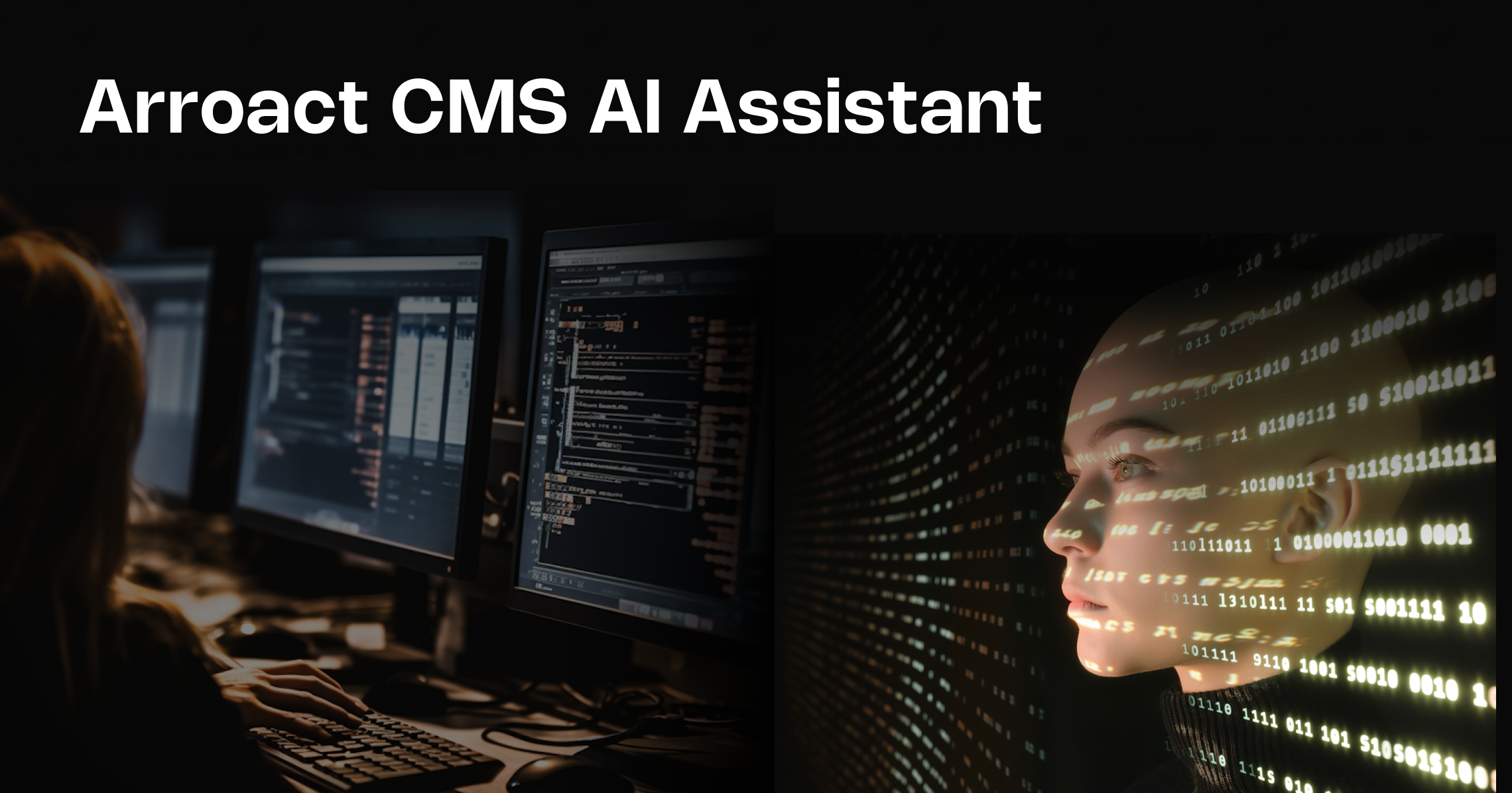
Enterprise Content Management: A Guide To Choosing The Right Platform
It is usually challenging to organize large volumes of documents and information in big organizations. ECM platforms allow organizations to manage and monitor their digital content more effectively. Using these tools, employees can quickly find documents, make teamwork more efficient, and ensure that important paperwork is secure.
It is important for businesses to evaluate their special needs, cost limitations, and system needs before selecting an ECM platform. It is possible to introduce a proper ECM solution that will make it easier for departments to work faster, save resources, and collaborate better. The diversity of ECM platforms makes it hard for organizations to determine which one is most appropriate.
You can use this guide to make clear what to pay attention to when selecting an ECM platform and to identify the most suitable solution for your business.
What is Enterprise Content Management?
Enterprise Content Management refers to the approach, techniques, and systems used by organizations to collect, organize, store, secure and provide access to content to staff across the business. It helps businesses:
-
Organize Documents Systematically
-
Find Information Quickly
-
Collaborate On Projects Efficiently
-
Maintain Document Security
-
Ensure Regulatory Compliance
The use of ECM solutions has resulted in 30% increase in productivity for businesses due to reduced document search times.
Key Features To Look For
User-Friendly Interface
The system should have an easy to navigate interface that enables all employees irrespective of their technical background to use it without difficulties. A too complex platform is likely to be met with reluctance and poor uptake by the staff.
Look For:
-
Clean, Intuitive Design
-
Customizable Dashboards
-
Mobile Accessibility
-
Simple Navigation
Robust Search Capabilities
A good ECM platform should have powerful search functions that help users find what they need quickly.
The search tool should allow filtering by:
-
Document Type
-
Date Created Or Modified
-
Author
-
Department
-
Keywords Or Tags
Integration Options
Your ECM platform should work well with your existing business tools. This includes:
-
Email Systems
-
Customer Relationship Management (CRM) Software
-
Project Management Tools
-
Accounting Software
-
Custom Development Services
Security Features
Data breaches can cost your business a fortune, with an average of $4.45 million per incident. Your ECM must have strong security measures:
-
Role-Based Access Controls
-
Encryption For Sensitive Documents
-
Audit Trails
-
Two-Factor Authentication
-
Automated Backup Systems
Cloud vs. On-Premises Solutions
Cloud-Based ECM
Cloud platforms offer several benefits:
-
Lower Upfront Costs
-
Automatic Updates And Maintenance
-
Access From Anywhere
-
Scalability As Your Business Grows
-
Reduced IT Burden
However, they may raise concerns about data security and ownership.
On-Premises ECM
These systems are installed on your company servers:
-
Complete Control Over Your Data
-
One-Time Purchase Rather Than Subscription
-
No Internet Dependency
-
Customization Options
-
Compliance With Specific Regulations
Implementation Considerations
Cost Analysis
When budgeting for an ECM platform, consider:
-
License Or Subscription Fees
-
Implementation Costs
-
Training Expenses
-
Maintenance And Support
-
Custom Development Services If Needed
Change Management
Introducing a new system requires:
-
Clear Communication About Benefits
-
Proper Training Programs
-
Support During Transition
-
Champions Within Each Department
-
Feedback Mechanisms
Timeline Expectations
A full ECM implementation typically takes:
-
Small Businesses: 2-3 months
-
Mid-Sized Companies: 3-6 months
-
Large Enterprises: 6-12 months
Evaluating Vendors
When reviewing potential providers, ask about:
-
Years In Business
-
Customer Support Options
-
Update Frequency
-
Client Testimonials
-
Industry Experience
Request demos from at least three vendors before making your decision.
The Role of Custom Development Services
Many ECM platforms allow for customization. Here are the top ways custom development services can help:
-
Create Tailored Workflows
-
Design Specific Templates
-
Build Specialized Integrations
-
Develop Unique Reporting Tools
-
Adapt The System To Your Business Processes
Final Decision Checklist
When you are in the process of making your decision regarding an ECM platform, consider each of these aspects carefully:
Must-Have Features
List all the features that your organization should use to carry out its core functions. Do not forget to mention in your list specific document handling features, collaboration options, and security requirements that are essential to the needs of your organization. These critical elements are key to your content management; make them a priority to be sure that your needs are met in the long term.
Budget Constraints
Determine the entire scope of your budget, which should include device acquisition, setup fees, employee training, and regular maintenance costs. Understand that long-term costs are a norm for ECM systems, and plan for future expenses in addition to the initial investment.
Future Growth Needs
Choose a system that will grow with your organization. Check whether the platform is capable of managing surges in document numbers and larger user bases, and how it can be integrated with changing business operations within the next few years. Choosing a scalable solution eliminates the cost of replacing your system as your business grows.
End User Input
Consult the team members who will be tasked to use the system in their day-to-day work. Practical input from users often brings out needs that are overlooked by technical experts. Getting the user buy-in from the beginning is very important, as acceptance by the user can either make or break the implementation process.
Vendor Support Options
Test the strength and availability of technical support. Make sure the selected system is supported by fast, accessible help desks, thorough documentation, training aids, and an active user community. Quality technical assistance is particularly relevant when solving problems or going through complex installations.
Security Requirements
Make sure that the platform complies with all industry regulations and your company’s security measures. This includes guaranteeing access controls, strong encryption, comprehensive audit trails, and strong disaster recovery plans to protect your sensitive information from possible threats both within and outside the organization.
Implementation Timeline
Consider the time that is needed for deployment and whether it can fit in your business needs. Although some systems can be easily installed without much setup time, they usually have very few customization options compared to more complex platforms that require more time but provide greater levels of tailoring.
Conclusion
Choosing the best ECM platform is an important decision that has a strong impact on your company’s information handling processes. Ensure that you think about the needs of your organization, examine different solutions and provide a plan for implementation. Remember that the goal goes well beyond the mere archiving of documents, it is about completely changing the way your company deals with information.
When the appropriate ECM platform is applied, you can increase operational efficiency, promote teamwork, and guarantee enhanced security for all your information. Choosing the right ECM solution lays the groundwork for continuous improvement and better management of your company’s information.
Related Blogs


Read More

Read More

Read More
